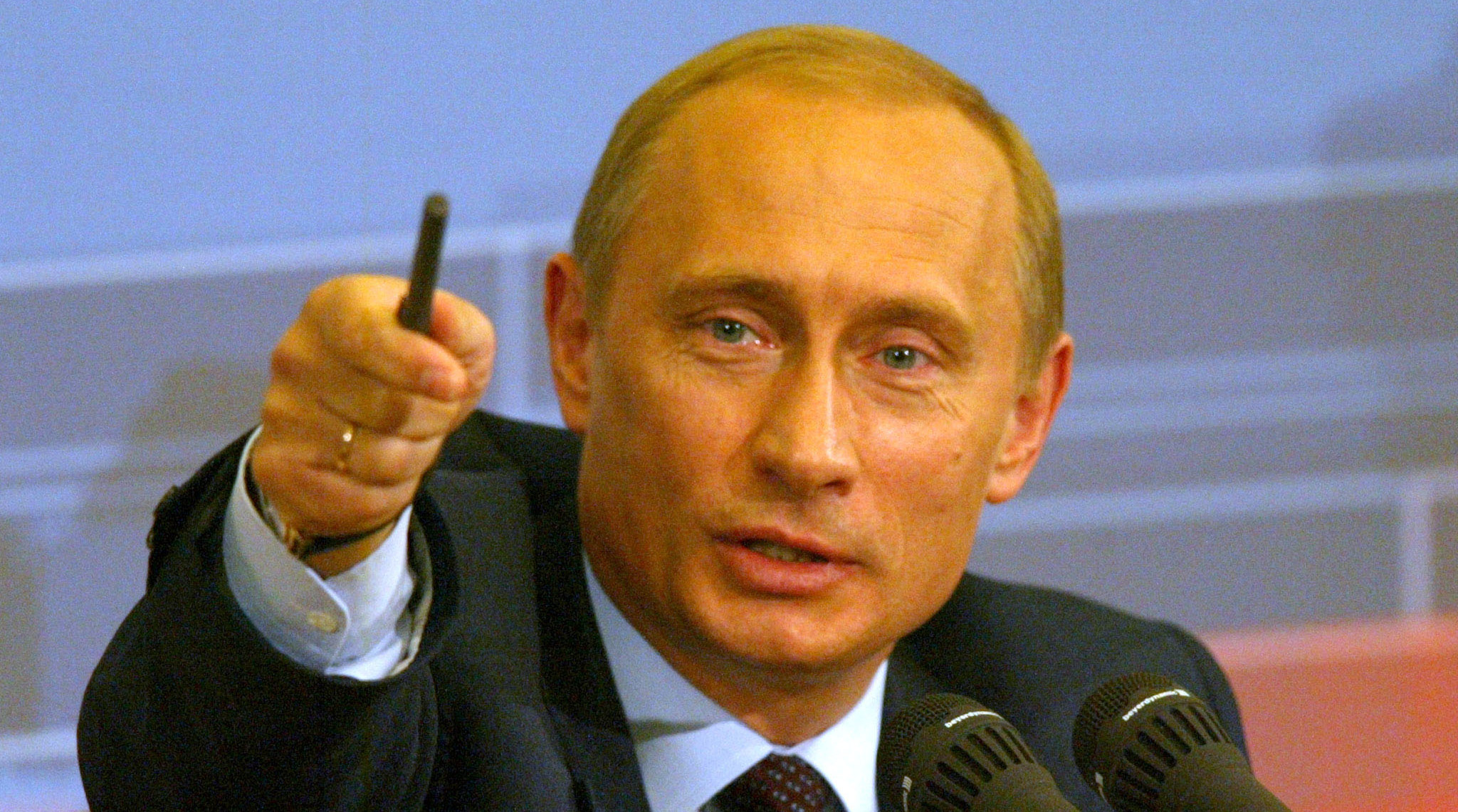Putin’s expansion into Crimea, Ukraine and his other recent acts of aggression have been framed by some as parts of an attempt at rebuilding the Soviet Union. This description is intriguing, but predicated on a singular assumption: that Putin’s nationalism is based on a vision of Russia in the past, rather than on one in the future. When analyzing the nationalist tendencies of Mr. Putin, it is important to bear in mind that he is not so much an aggressor seeking Soviet days long past, but rather a reformer attempting to build a new Russia that the world has not yet seen before.
This “new Russia” is a curious fusion of Soviet-era institutions and traditional ones– on the one hand, Vladimir Putin is a fan of some approaches the Soviet Union took toward human rights, but on the other hand, he is sure to resurrect images that resonate with pre-Soviet traditions. The best example of the latter is the propping up of the Orthodox Church under his regime, both as a symbol of unity among the Russian people and as a tool for expanding cultural influence into Ukraine. Putin has reconstructed approximately 23,000 churches, and he has agreed with the Church’s stance on issues such as gay rights and abortion. This is especially appealing to a largely religious population in Russia, with 50 percent of the country being adherents to the Orthodox faith and 82 percent more generally religious believers.
The Church embodied everything that Soviet communism, at least in theory, despised – it was a political institution stemming from Tsarist times, it spread its “opiate of the masses” to prevent a true Marxist revolution across the world and it celebrated that pesky holiday, Christmas, which was illegal in the Soviet Union. If Putin’s nationalism was just a longing for days of Soviet yore, he would have not used this institution as a close political symbol and ideological basis.
Indeed, Putin is willing to justify his authority, especially in Crimea, by using Slavophilic political logic and rhetoric resonant throughout pre-Soviet Russian history. The notion of intervening in a neighboring country in order to support one’s Slavic brethren was employed by Tsar Nicholas II in arguing that the fate of Serbia in the First World War lay in the hands of Russia. This narrative is eerily similar to that employed by Putinists in the Ukraine Crisis, in which the pan-Russian unity has been a crucial aspect of the Russian Federation’s national obligation. What’s noteworthy here is that this logic both predates and contradicts Soviet rhetorical stances about imperialism, nationalism and the role of ethnic divides in preventing global working-class revolutionary movements from taking place. The view that Russia has its blood brothers outside its border, a “Russonia,” as scholar Richard Sakwa calls it, is not so much a tribute to the Soviet Empire as much as the Tsarist Russian Empire that came before it.
On the other hand, Mr. Putin has bluntly stated that the fall of the Soviet Union was the greatest political catastrophe of the 20th century. But this claim must be taken within its context: He goes on to describe this as a catastrophe especially for the Russian people as a whole, as it was divided along state borders that, in his view, fragmented a people with its own unified history. In this sense, he espouses a view of the Soviet era not as a divergence from Russia’s imperial tsarist past, but rather as a crucial step in the evolution of modern Russian society. The Soviet period helped gain international recognition for Russia, but it is not the be-all or end-all for the direction Russia must take, in his view.
Perhaps the phrase coined by former Russian ideologue Vladislav Surkov, “sovereign democracy,” does the best job of describing what Putin’s ruling principles truly are: A democratic system is volatile and based on the weakness of institutions relative to ruling individuals. While this arguably only promotes the appearance of democracy in Russia, Putin is a seemingly popular figure in Russia, currently rated at 84 percent popularity — up twenty points since before the invasion of Ukraine. On the other hand, Putin has utilized a number of authoritarian measures as well, such as the use of electoral fraud and “administrative resource” to tilt the electoral results in United Russia’s favor.
A full analysis of the multifaceted nature of Russian nationalism would fill volumes, but the important takeaway is that the question of who belongs to the Russian polis and why, in the current era, is not the same as it has been in the past.
One could argue that these examples are justifications, rhetorical techniques and symbols, which are hardly a standard for analyzing the true choice-theoretical objectives of Mr. Putin. Putin’s Russia has quite a few old-timer communists, but he has avoiding echoing Soviet rhetoric (source?). Trying to fit him into a “Soviet” box dismisses the fact that he is not campaigning to the most extreme, communist conservatives, but rather to a culture that has developed since the Soviet era and looks toward a new style of leadership for future decisions.
